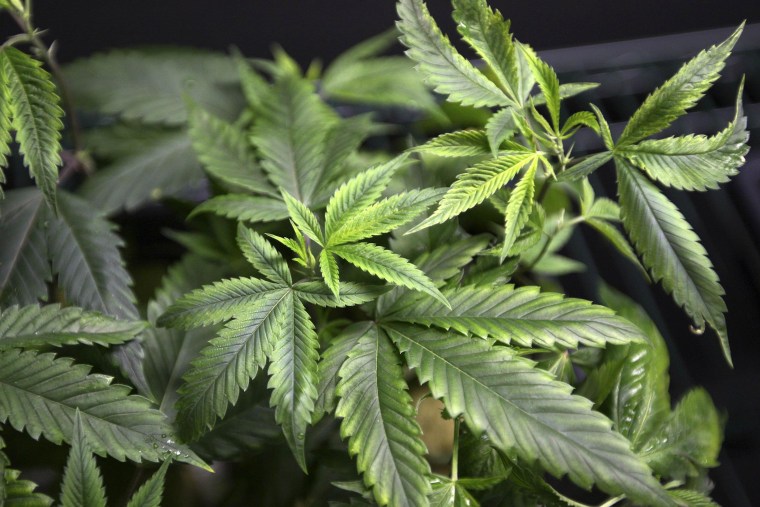Marijuana. Weed. Pot. Whatever your pet name for it is, it was the topic of this past Sunday’s “Big Question” as well as part of the round-table discussion.
Many people took to our Facebook page and Twitter feed to add their point of view to the conversation. And there were some stand out comments and links that could have furthered the discussion more. Below is a sampling:
Judy Rodgers wrote on Facebook, with a puff of humor, about the availability of cannabis:
So it was said "if pot was made legal for adults it would be more available for the illegal use by teens." So I guess we could keep it illegal for everybody, and that would keep it hard to get for teens, except, in case you did not know, it is available to everybody, everywhere, every minute, of every day right now.
But if it were made legal, jobs would be created, states would get new revenue, the cops could quit arresting people for getting buzzed, we could quit building new jails and prisons, and smugglers could become legal importers. Farmers could plant hemp and it could be harvested for textiles, building materials, fuel and medicine.
Yes, some bad things could happen; stores could run out of food and police would have to write more tickets for people driving too slowly.
@bluestevef found a way to say basically the same thing in 140 characters or less:
On the topic of the legalization’s effect on teenage use, we did some digging and came across research done by New York University researchers that was published in the International Journal of Drug Policy. The main conclusion of the study: “Large proportions of high school students normally at low risk for marijuana use (e.g., non-cigarette-smokers, religious students, those with friends who disapprove of use) reported intention to use marijuana if it were legal.”
@DarrellGroves pointed out that the legalization of weed can lead to job creation:
While we couldn’t find studies that point to those exact numbers, The ArcView Group, a pro-legalization firm on the West Coast, released an oft-cited report last year that stated:
“The US national legal marijuana market value is now assessed at $1.53 billion, comprising all states that have active and open sales of cannabis to people legally allowed to possess it under state law. The national market is projected to grow 68 percent from current levels to $2.57 billion by 2014.”
Employment opportunities in the business of cannabis have definitely been created in Colorado. Business Insider took a look at the new and expanding positions in the Rocky Mountain state that are directly related to legalization. Those jobs ranged from the obvious, like an increase in tourism positions, to newly minted titles like “budtender.”
One Facebook poster noted a recent Denver Post article entitled “Legal pot blamed for some of influx of homeless in Denver this summer.” In the piece, the author finds anecdotal evidence that some homeless people are specifically making their way to Denver to freely smoke marijuana. However others are heading to Colorado looking for a job in the aforementioned burgeoning cannabis market.
The Today Show also explored the spike in homeless teenagers in Colorado, which is putting stress on some non-profit organizations:
And one rather mean-spirited person told us our conversation should have looked more like this “Intelligence Squared” debate about the "war on drugs." The episode really delves into a number of issues including the inequality of drug punishments and how that adversely affects minority communities. It’s worth a watch if, at this point, you’re still interested in the topic.
Evan Dixon and Elizabeth Wilcox contributed to this report.
